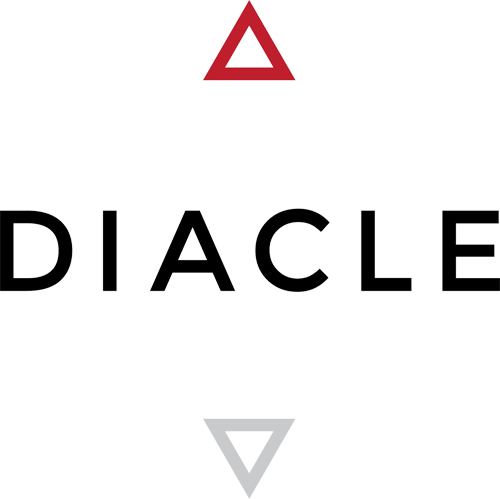Digital asset securities
Our definitions of digital cash/digital bearer assets (DBA) are recorded on the About page of Merkletree.io for reference. In essence bearer assets have features of near unrestricted transferability and transactional anonymity. Digital cash, such as bitcoin, is a type of digital bearer asset.
If you devise a security or an investment asset that has the two features of unrestricted transferability and transactional anonymity then it is, most likely, a bearer asset security. Typical bearer securities are bearer shares and bearer bonds. Bearer shares were previously legal in the UK (as an example). However, in view of corporate transparency/ tax compliance there was a policy drive to eradicate the notion of bearer shares and, since May 2015, it is now prohibited for a company to issue bearer shares. The only acceptable form of shareholders are registered shareholders.
This is an important point when it comes to digital assets. If you issue equity investments, in particular shares, via Counterparty (without any multi-signature controls) you will, in effect, be creating bearer shares. This is not to say because it is prohibited in the UK that the creation of bearer shares is prohibited elsewhere. That said, the overall policy direction is adverse to bearer assets; note that FATF’s Transparency Guidance suggests that countries should take “effective measures to ensure [bearer shares or bearer share warrants] are not misused for money laundering or terrorist financing”.
Now regardless of whether the digital asset is a bearer instrument or not the question is whether the issuance of the asset itself is regulated. In the US, for instance, the Securities Act prohibits the issue of securities to the general public unless the security is registered with the SEC. In the alternative, companies seeking funding would need to seek an exemption from registration; typically this means the company can only sell its security to high net worth/accredited investors. Recent crowdfunding rules proposed by SEC in October 2015 should make the process easier but, that said, all sales of securities still need to go through regulated brokers or crowdfunding platforms and still require the filing of certain disclosures to SEC. These are amongst other requirements present at the state level, see State of Oregon’s rules as an example. So, for the US market, if you are creating a digital asset security you will still need to follow the above crowdfunding rules. Remember, of course, that the above would equally apply to businesses situated outside of US selling to US persons (in fact the ‘lighter touch’ crowdfunding rules appear not to apply to foreign companies).
In the UK/EU, there is not a requirement for registration of a share (or in this instance the approval of a Prospectus) until you reach a certain funding threshold.
Does that mean you can start selling securities to the public?
No.
Where the security is a specifically a share and the company is raising operational finance then, on occasion, the company will not be deemed to be carrying out a regulated activity by selling its own securities. This is an ‘acting as principal’ exemption.
Next area is ‘substance over form’. If, for instance, a digital asset promises a return, provides a dividend, provides access to the capital appreciation of a project then you are building an investment instrument regardless of how it looks.
Based on the few pointers above, it is critical to understand the laws where you are incorporated surrounding securities (i.e. for instance bearer shares may be prohibited) and that you understand the laws of the countries where your digital asset is being marketed (for instance in the US the requirement for registration of a security and, if the new crowdfunding rules apply, the disclosure and sale via a regulated intermediary). If in doubt, best to contact your local regulator to obtain clearance before engaging in any digital asset creation. Also, note that nothing above should be relied upon as legal advice; this is a highly complex area of law the application of which will depend on your circumstances.
